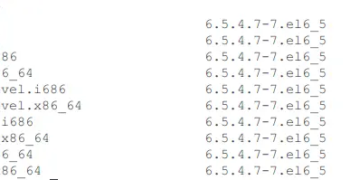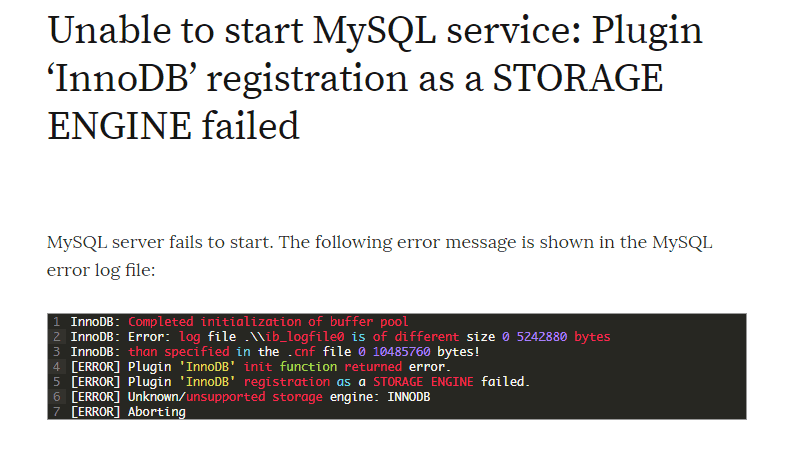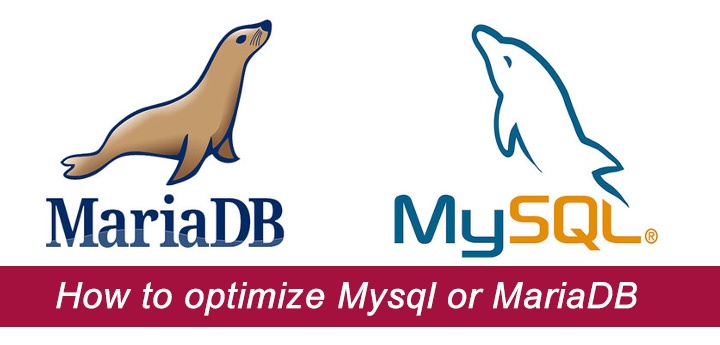YUM plug-ins are small programs that extend and improve the overall performance of the package manager. A few of them are installed by default, while many are not. Yum always notify you which plug-ins, if any, are loaded and active whenever you run any yum command.
In this short article, we will explain how to turn on or off and configure YUM package manager plug-ins in CentOS/RHEL distributions.
To see all active plug-ins, run a yum command on the terminal. From the output below, you can see that the fastestmirror plug-in is loaded.
# yum search nginx Loaded plugins: fastestmirror Repodata is over 2 weeks old. Install yum-cron? Or run: yum makecache fast Determining fastest mirrors ...
Enabling YUM Plug-ins
To enable yum plug-ins, ensure that the directive plugins=1 (1 meaning on) exists under the [main] section in the /etc/yum.conf file, as shown below.
# vi /etc/yum.conf
[main]
cachedir=/var/cache/yum/$basearch/$releasever
keepcache=0
debuglevel=2
logfile=/var/log/yum.log
exactarch=1
obsoletes=1
gpgcheck=1
plugins=1 installonly_limit=5
This is a general method of enabling yum plug-ins globally. As we will see later on, you can enable them individually in their receptive configuration files.
Disabling YUM Plug-ins
To disable yum plug-ins, simply change the value above to 0 (meaning off), which disables all plug-ins globally.
plugins=0
At this stage, it is useful to note that:
- Since a few plug-ins (such as product-id and subscription-manager) offer fundamental yum functionalities, it is not recommended to turn off all plug-ins especially globally.
- Secondly, disabling plug-ins globally is allowed as an easy way out, and this implies that you can use this provision when investigating a likely problem with yum.
- Configurations for various plug-ins are located in /etc/yum/pluginconf.d/.
- Disabling plug-ins globally in /etc/yum.conf overrides settings in individual configuration files.
- And you can also disable a single or all yum plug-ins when running yum, as described later on.
Installing and Configuring Extra YUM Plug-ins
You can view a list of all yum plug-ins and their descriptions using this command.
# yum search yum-plugin Loaded plugins: fastestmirror Repodata is over 2 weeks old. Install yum-cron? Or run: yum makecache fast Loading mirror speeds from cached hostfile * base: mirror.sov.uk.goscomb.net * epel: www.mirrorservice.org * extras: mirror.sov.uk.goscomb.net * updates: mirror.sov.uk.goscomb.net ========================================================================= N/S matched: yum-plugin ========================================================================== PackageKit-yum-plugin.x86_64 : Tell PackageKit to check for updates when yum exits fusioninventory-agent-yum-plugin.noarch : Ask FusionInventory agent to send an inventory when yum exits kabi-yum-plugins.noarch : The CentOS Linux kernel ABI yum plugin yum-plugin-aliases.noarch : Yum plugin to enable aliases filters yum-plugin-auto-update-debug-info.noarch : Yum plugin to enable automatic updates to installed debuginfo packages yum-plugin-changelog.noarch : Yum plugin for viewing package changelogs before/after updating yum-plugin-fastestmirror.noarch : Yum plugin which chooses fastest repository from a mirrorlist yum-plugin-filter-data.noarch : Yum plugin to list filter based on package data yum-plugin-fs-snapshot.noarch : Yum plugin to automatically snapshot your filesystems during updates yum-plugin-keys.noarch : Yum plugin to deal with signing keys yum-plugin-list-data.noarch : Yum plugin to list aggregate package data yum-plugin-local.noarch : Yum plugin to automatically manage a local repo. of downloaded packages yum-plugin-merge-conf.noarch : Yum plugin to merge configuration changes when installing packages yum-plugin-ovl.noarch : Yum plugin to work around overlayfs issues yum-plugin-post-transaction-actions.noarch : Yum plugin to run arbitrary commands when certain pkgs are acted on yum-plugin-priorities.noarch : plugin to give priorities to packages from different repos yum-plugin-protectbase.noarch : Yum plugin to protect packages from certain repositories. yum-plugin-ps.noarch : Yum plugin to look at processes, with respect to packages yum-plugin-remove-with-leaves.noarch : Yum plugin to remove dependencies which are no longer used because of a removal yum-plugin-rpm-warm-cache.noarch : Yum plugin to access the rpmdb files early to warm up access to the db yum-plugin-show-leaves.noarch : Yum plugin which shows newly installed leaf packages yum-plugin-tmprepo.noarch : Yum plugin to add temporary repositories yum-plugin-tsflags.noarch : Yum plugin to add tsflags by a commandline option yum-plugin-upgrade-helper.noarch : Yum plugin to help upgrades to the next distribution version yum-plugin-verify.noarch : Yum plugin to add verify command, and options yum-plugin-versionlock.noarch : Yum plugin to lock specified packages from being updated
To install a plug-in, use the same method for installing a package. For instance we will install the changelog plug-in which is used to display package changelogs before/after updating.
# yum install yum-plugin-changelog
Once you have installed, changelog will be enabled by default, to confirm take look into its configuration file.
# vi /etc/yum/pluginconf.d/changelog.conf
Now you can view the changelog for a package (httpd in this case) like this.
# yum changelog httpd Loaded plugins: changelog, fastestmirror Loading mirror speeds from cached hostfile * base: mirrors.linode.com * epel: mirror.freethought-internet.co.uk * extras: mirrors.linode.com * updates: mirrors.linode.com Listing all changelogs ==================== Installed Packages ==================== httpd-2.4.6-45.el7.centos.4.x86_64 installed * Wed Apr 12 17:30:00 2017 CentOS Sources <[email protected]> - 2.4.6-45.el7.centos.4 - Remove index.html, add centos-noindex.tar.gz - change vstring - change symlink for poweredby.png - update welcome.conf with proper aliases ...
Disable YUM Plug-ins in Command Line
As stated before, we can also turn off one or more plug-ins while running a yum command by using these two important options.
--noplugins– turns off all plug-ins--disableplugin=plugin_name– disables a single plug-ins
You can disable all plug-ins as in this yum command.
# yum search --noplugins yum-plugin
The next command disables the plug-in, fastestmirror while installing httpd package.
# yum install --disableplugin=fastestmirror httpd Loaded plugins: changelog Resolving Dependencies --> Running transaction check ---> Package httpd.x86_64 0:2.4.6-45.el7.centos.4 will be updated --> Processing Dependency: httpd = 2.4.6-45.el7.centos.4 for package: 1:mod_ssl-2.4.6-45.el7.centos.4.x86_64 ---> Package httpd.x86_64 0:2.4.6-67.el7.centos.6 will be an update ...
That’s it for now! you may also like to read these following YUM related articles.
- How to Use ‘Yum History’ to Find Out Installed or Removed Packages Info
- How to Fix Yum Error: Database Disk Image is Malformed
In this guide, we showed how to activate, configure or deactivate YUM package manager plug-ins in CentOS/RHEL 7. Use the comment form below to ask any question or share your views about this article.
Source: tecmint.com





